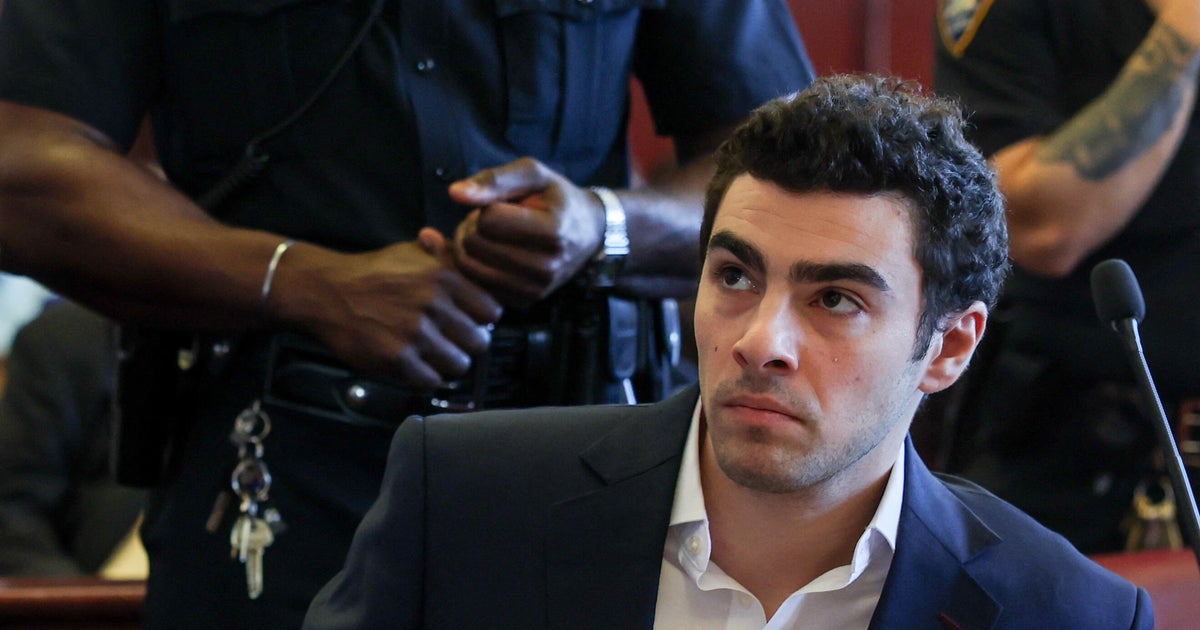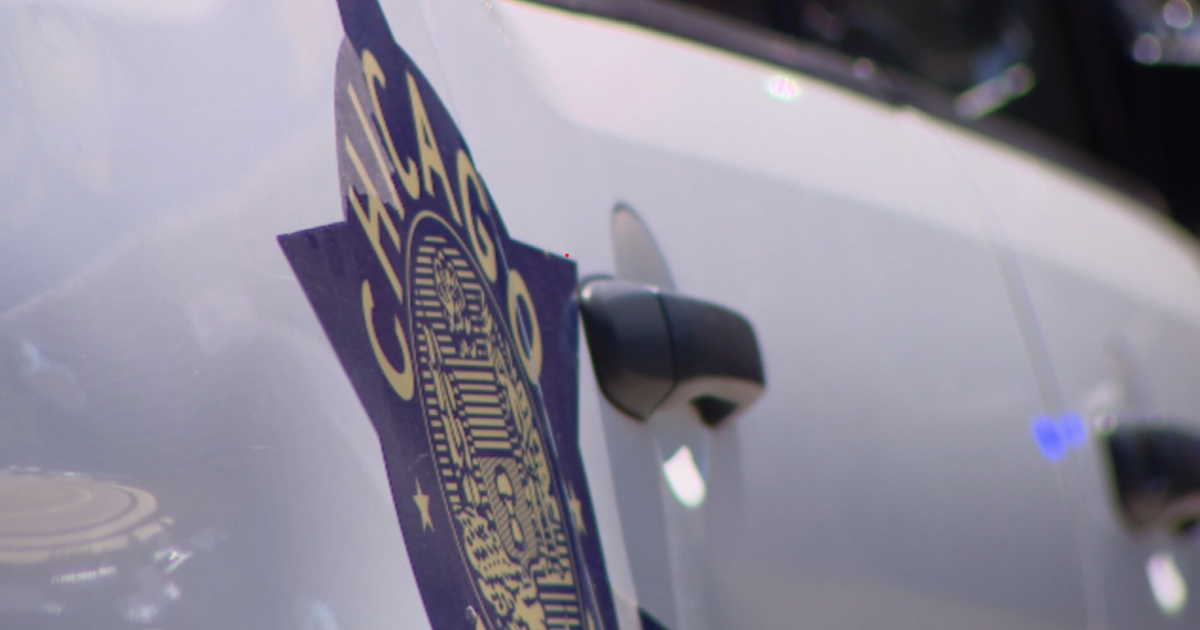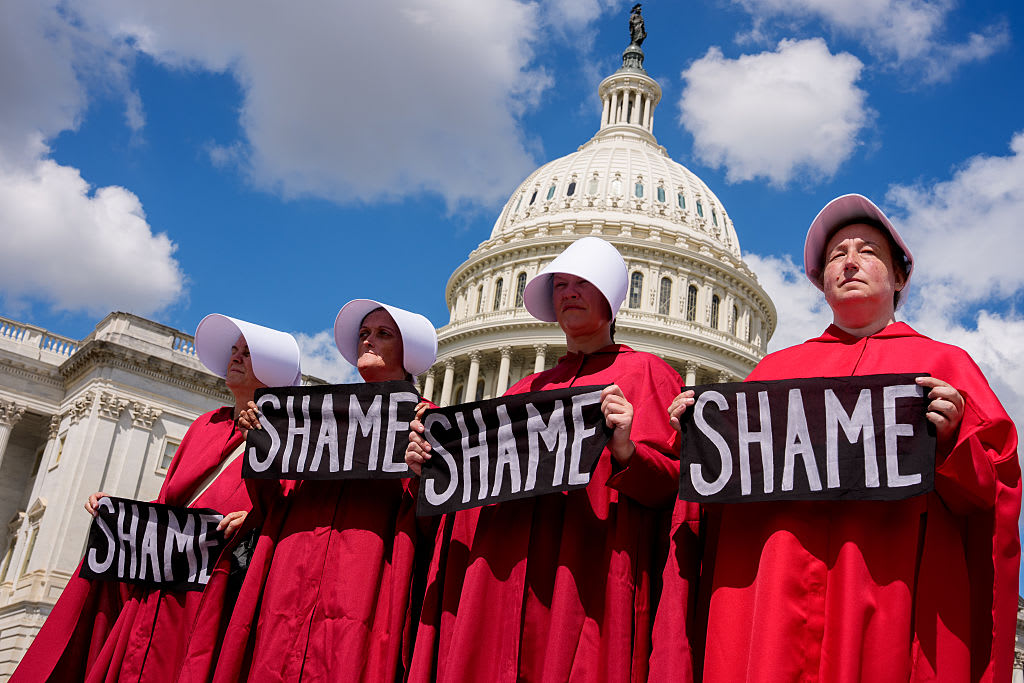Brian Dennehy keeps looking for the truth
Brian Dennehy is an actor unafraid of playing a wide variety of parts. He's starred as Eliza Doolittle's rogue of a father in "My Fair Lady" and also as the bible-thumping Matthew Harrison Brady in the latest Broadway revival of "Inherit the Wind."
What's so strange about an actor playing opposites? Nothing except that this spring Dennehy did it at the same time — at the "My Fair Lady" dress rehearsal, he was suspiciously absent from the curtain call because he'd raced across town to rehearse "Inherit the Wind."
The reason he takes on so much is simple: After more than 40 years in the profession, Dennehy is still in love with acting.
"At 68 years old I'm as interested now, if not more so, than I was when I was 24, 25," he told Sunday Morning correspondent Martha Teichner.
The weight of time has evolved Dennehy into one of the most respected actors on the American stage.
He stars alongside Christopher Plummer in "Inherit the Wind." The play is loosely based on what was known as the Scopes Monkey Trial — a real, 1925 court case. John Scopes was prosecuted for teaching evolution; Clarence Darrow, famous for his eloquence, defended Scopes. Three-time presidential candidate William Jennings Bryan, one of the prosecutors, was humiliated.
Dennehy's character, a stand-in for Bryan, is the kind of great, fallen colossus he's now mature enough to play.
"As the time begins to diminish for you, you become more interested in what you're doing, and more serious," he said.
On a really cold February day, the week before rehearsals began for "Inherit the Wind," Dennehy talked about acting and life at his 18th century farm.
"It probably was about 300 acres originally. We have about 50 now, which is enough," he said.
And it's in the part of Connecticut that's the middle of nowhere, which Dennehy likes. He's not drawn to the celebrity life.
"No, no, you'll never catch me dancing with Lindsay Lohan," he said. "Under some tabletop some place. I mean there was a time when I did my own form of table-dancing but that's long gone now."
A look back at those days would hardly have predicted the trajectory his career has taken.
"It took a long time for me to have any impact in the business because I didn't look like an actor, I didn't sound like an actor," Dennehy said.
In his first film, "Semi-Tough," which got him noticed, he was a football player — big, simple and sadistic. He seemed to specialize in hulks with dangerous grins – rough customers like the sheriff in "First Blood," the original Rambo movie.
An actor was definitely not what his family wanted him to be. Dennehy was born in Bridgeport, Conn., the oldest of three boys. The family moved around, because his father was a reporter and editor for the Associated Press.
"My father was a classic intellectual," he said. "From him I learned devotion, and I also learned about the life of the mind."
But it was from his high school football coach/English teacher that he got his love of acting. He played tackle and Macbeth.
"A lot of people in the business say to me, 'My god, you played Macbeth when you were 13 years old in front of a Catholic boys high school audience? That really took a lotta guts.' And I always say, 'Not nearly as much guts as the freshman who played Lady Macbeth.' He really had a lot of guts!'" Dennehy said.
Dennehy went to Columbia University, played more football and served in the Marines before finally committing himself to the typical wannabe-actor's life.
"I drove a cab, I worked in many bars and did lots of jobs that people did," Dennehy said. "They were always disposable jobs because it was necessary to dispose of them if anything should happen."
But it was the living he did in those disposable jobs that gave his acting authenticity — as the bartender in "10," for example.
"I wasn't pretending to be a bartender," he said. "I had done it."
In the fifty or so movies he's been in and literally hundreds of TV shows, Dennehy is always trying to find a piece of himself in the characters he plays, even the shady ones like the DA in "Presumed Innocent."
"I was able to kind of explore a side of me that had to do with politicians, Irish politicians, hustlers, you know," Dennehy said. "I remember playing John Wayne Gacy, serial killer, very sick, neurotic, screwed-up guy. You know what? There's a part of me there, too, and you explore that."
Of his screen roles, he thinks the best was one hardly anybody saw, "The Belly of an Architect," an art film about the disintegration of a famous architect's life. He finally got to play against physical type, sort of, when Ron Howard cast him as the leader of a group of aliens pretending to be human in "Cocoon."
"I said, 'OK Ronny, but let me ask you a question: Why would this highly superior, intelligent being choose to look like me? Why wouldn't he choose Robert Redford or George Clooney?' The point is that you play it with the cards that you're dealt with," he said.
Or not, as Dennehy decided. Thirty years ago, he was a partier.
"We don't have to beat around the bush: I was a drinker and I had a good time," he said. "You know, you get to a certain age, 45, 50, I don't know when it happens, I said, 'Jesus, all I got is a certain amount of time. Maybe I should think about using it a little better.'"
After a failed first marriage, he remarried and has two young children.
Now after a lifetime of going off quietly between movie and television roles to do serious plays, theatre became his priority. He won a Tony Award for "Death of a Salesman," and then another for "Long Day's Journey Into Night."
"Look if you're sixty-something, pushing 70, the chances of you getting a tremendously fascinating part in the movies are very low, as to be almost negligible, or even in television. But in the theatre, there are still things to do, very interesting, very profound things," he said.
Dennehy is famous for rethinking his performances — tinkering as he likes to say — to get the fraud out. He even went as far as to shave the top of his head for his role in "Inherit the Wind."
"Oh, my son laughed!" Dennehy said. "He just laughed and laughed and laughed. So I said, 'Go ahead, laugh, this is what pays the bills at your private school, kid.'"
He'd like you to think it's about making a living, but in truth, for Brian Dennehy, acting is about life itself.
"You know what the best part is?" he said. "The silence — that's the best part, when there are a thousand people and nobody is making a sound because they're listening."



